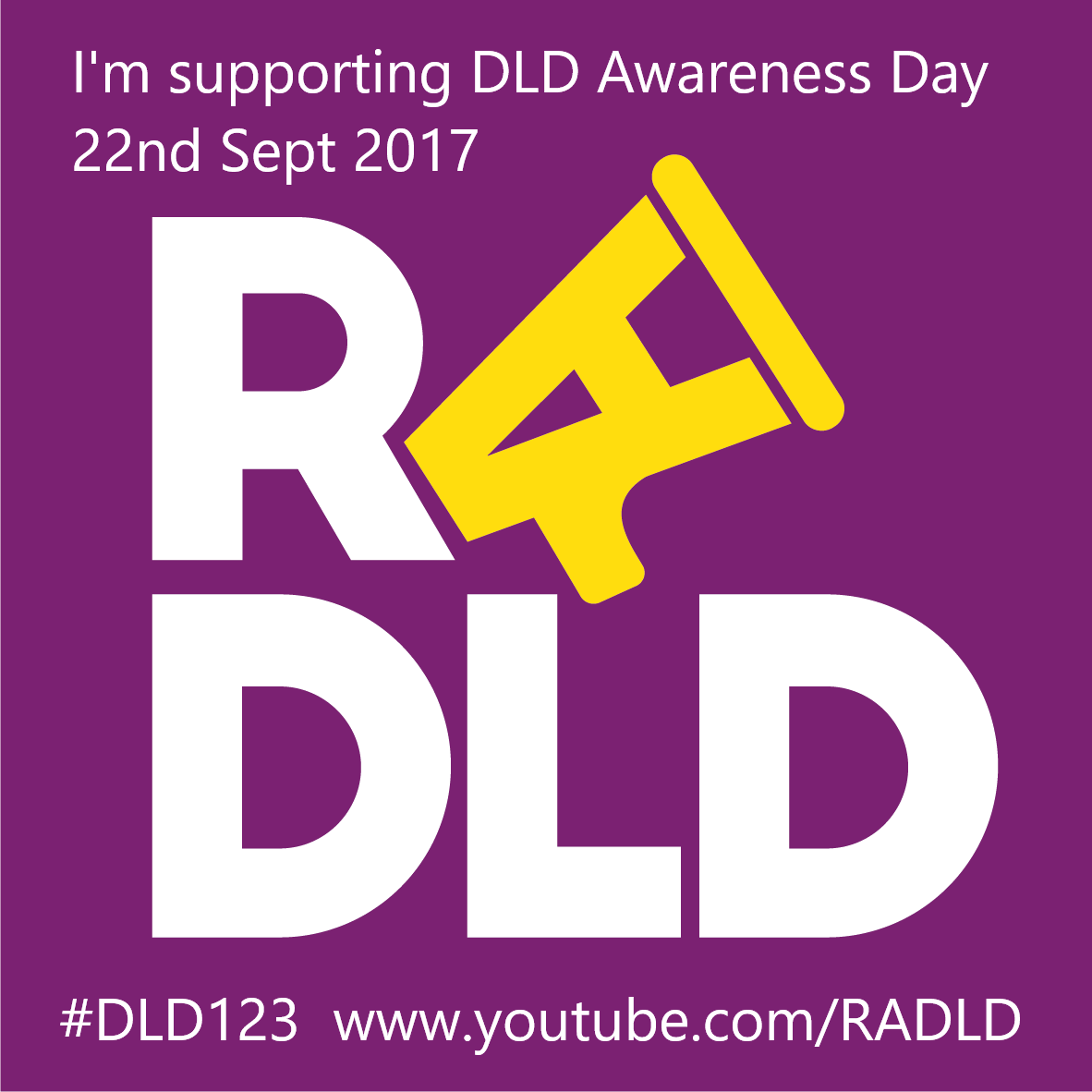
What this paper adds: Students with DLD (ages 4-16, n = 64) made significant improvement in language skills during their time at school. These results provides some evidence of the effectiveness of a language specialist school.
Ziegenfusz, S., Coughlan, A., Paynter, J., Simpson, K., & Westerveld, M. (2018). Measuring language progress in students with developmental language disorder while attending a specialist school. A retrospective analysis. Journal of Clinical Practice in Speech-Language Pathology, 20(1), 3-7.

I am very proud to be a member of the CATALISE consortium, a panel of 59 experts representing ten disciplines (including education, psychology, speech-language therapy/pathology, paediatrics and child psychiatry) from English-speaking countries (Australia, Canada, Ireland, New Zealand, United Kingdom and USA). Our task, using an online Delphi technique, was to reach consensus regarding the criteria used to identify and classify language impairments in children. This exercise under the apt guidance of Professor Dorothy Bishop has resulted in two open access peer-reviewed publications.
The ultimate aim is to raise awareness of Developmental Language Disorder, an almost 'hidden' impairment that affects approximately 7% of the population.

Bishop, D. V. M., Snowling, M. J., Thompson, P. A., Greenhalgh, T., & and the Catalise-consortium. (2017). Phase 2 of CATALISE: A multinational and multidisciplinary Delphi consensus study of problems with language development: Terminology. Journal of Child Psychology and Psychiatry, 58(10), 1068-1080. doi:10.1111/jcpp.12721
